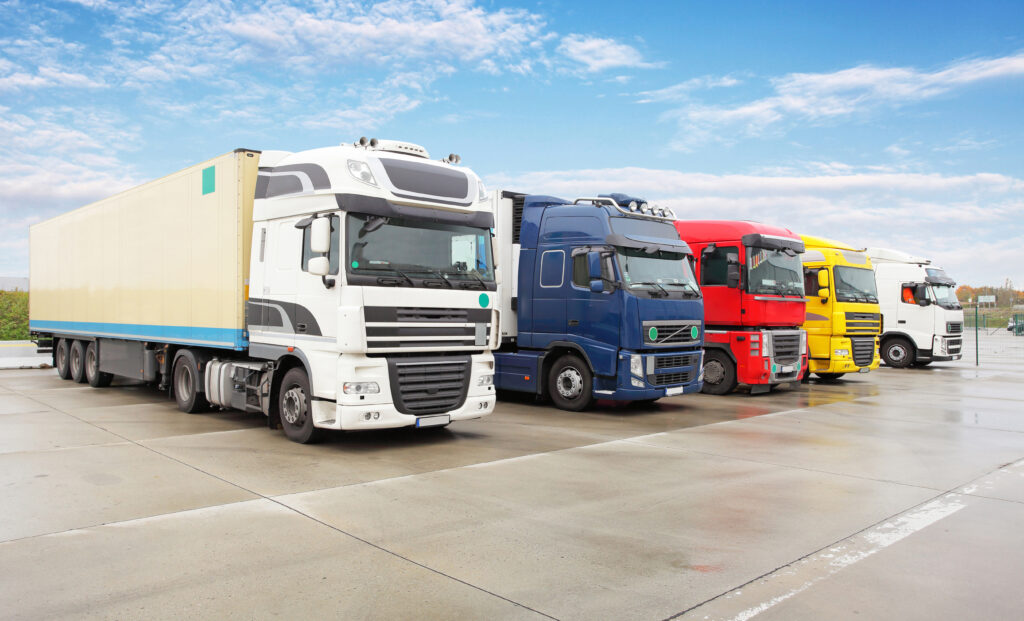Rail: The great efficiency of electric rail travel suggests a significant expansion in this area, domestically and internationally, is likely and would see high demand. The most efficient electric trains are aerodynamically efficient, like those designed for the highest speed operation today, but travelling at lower speeds.
Road vehicles: The transition to electric cars is already well under-way, and with increasing demand, costs will presumably fall. We already have targets for phasing out non electric vehicles, but by 2050 will have only 60% of the electricity required to power a fleet equivalent to that in use today. Therefore we will either use 40% fewer cars or they will be 60% the size. Development of auto-grade steels from recycling is a priority, and the need to control recycled metal quality may require changed models of ownership. The rapid expansion of lithium battery production may hit short-term supply constraints and create environmental concerns at end-of-life unless efficient recycling can be developed.
International freight & Aviation: We currently have no non-emitting freight ships, so there is an urgent need for exploration of means to electrify ship power, and options to transfer to electric rail. This would require an enormous expansion in international rail capacity. There are no options for zero-emissions flight in the time available for action, so the industry faces a rapid contraction. Developments in electric flight may be relevant beyond 2050. In April 2021 we held the Absolute Zero Construction Innovation Workshop to explore the opportunities for business growth and innovation consistent with the Absolute Zero analysis. During the workshop delegates used our Energy Demand Calculator Tool to evaluate the impact of potential business opportunities.






